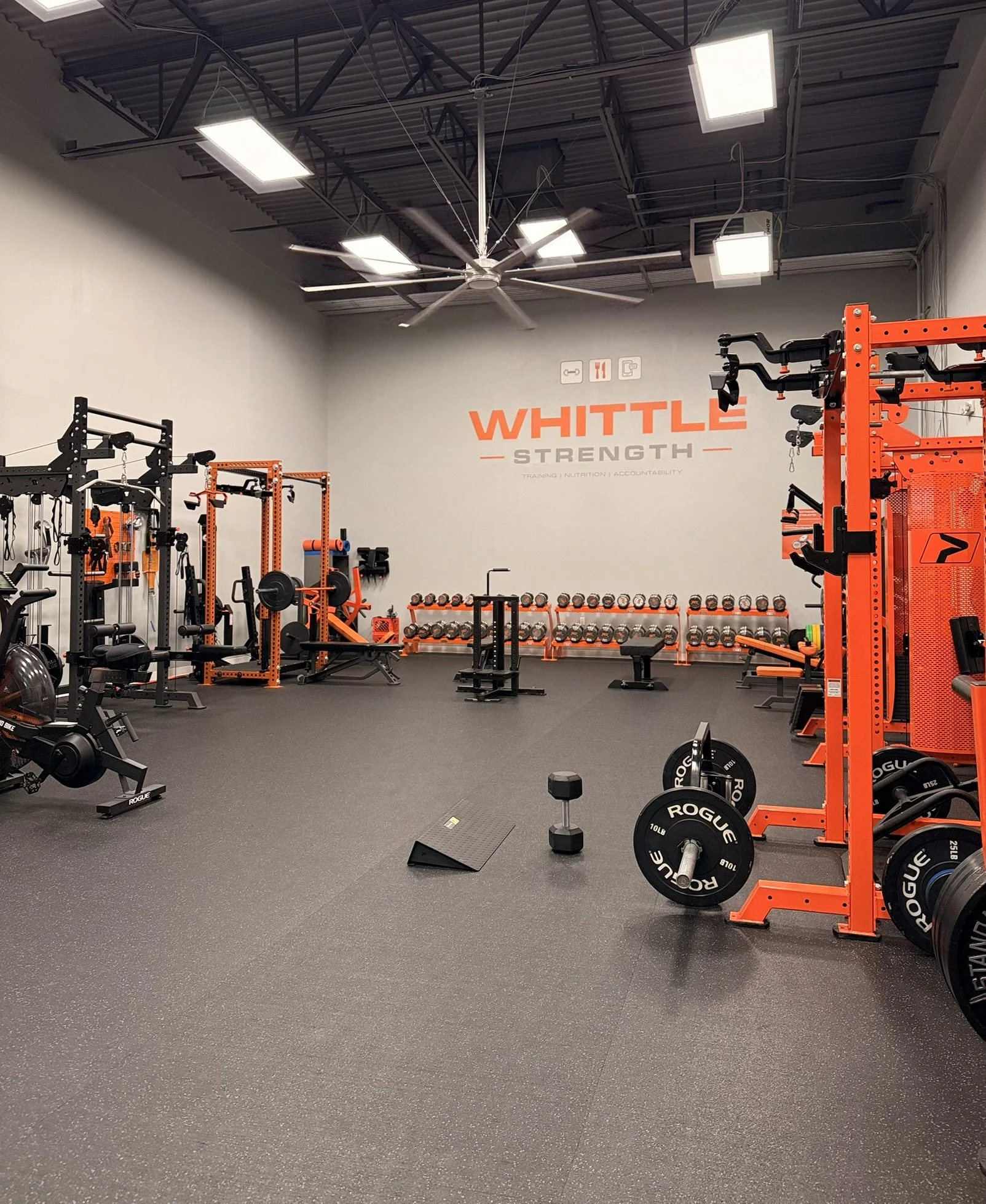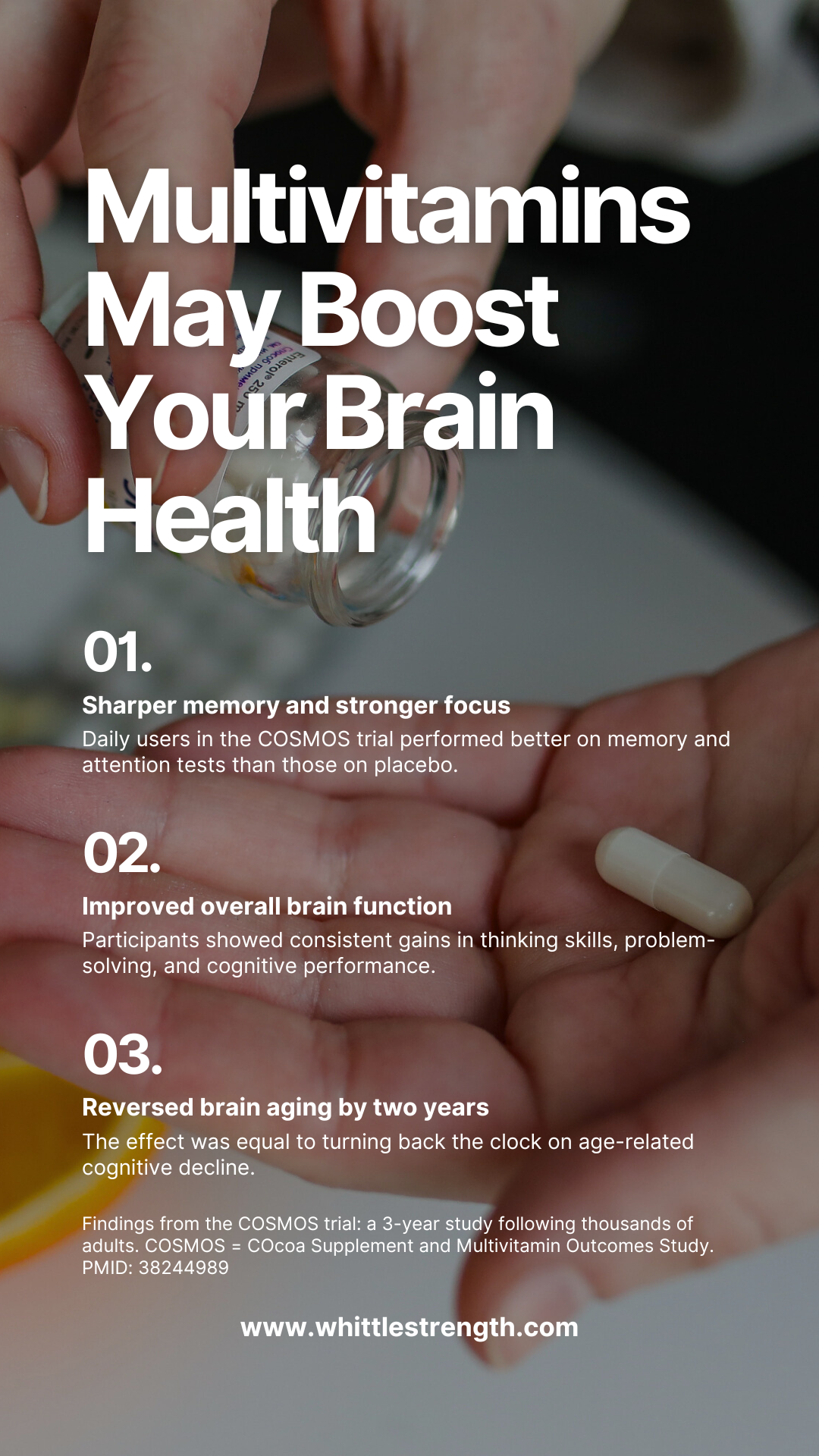
LATEST ARTICLES
Choline: The Brain and Muscle Boosting Nutrient You’re Probably Ignoring
Choline is a small nutrient that does big things. It helps your brain think, your muscles move, and your liver stay healthy. Your body can make a little of it, but not enough. You need to get most of it from food.
Choline helps your body make acetylcholine, a brain chemical that controls memory, focus, and muscle movement. It also helps build the walls of your cells and supports many metabolic processes that keep your body running smoothly.
Introducing WhittleStrength Gym Design: Transform Your Space Into a High-Performance Training Zone
WhittleStrength Gym Design
At WhittleStrength, we’ve always believed that your training space should work with you—not against you. Over the years, our busiest clients (those juggling careers, travel, family) kept asking:
“Can you help me build a home gym that doesn’t compromise on performance?”
“How can I bring the training experience you deliver in person into my own space?”
That repeated request led us to one clear conclusion: your environment matters. You can have the best programming in the world, but if your space is jammed, poorly laid out, or frustrating to use, it drags your results down.
Should You Take a Multivitamin? What the Science Really Says
The Problem: Nutrient Gaps Are Everywhere
If you think you’re hitting all your nutrient needs through food alone, the numbers say otherwise.
Roughly 70% of Americans are low in vitamin D
Nearly half don’t get enough magnesium
A third fall short on calcium
These are not small misses. Low vitamin D is linked to higher mortality. A lack of magnesium speeds up aging. Folate deficiency damages DNA at levels similar to radiation exposure.
INSIDE THE FAT LOSS LIE
Inside The Fat Loss Lie
Calories vs. Hormones: What’s Really Making Fat Loss Feel Difficult?
Why fat loss can feel harder than it should, even when you’re doing most things right. Understanding your body's fat loss efficiency is key. You’ve started making healthier food choices. You’re mindful of your calorie intake. You’re tracking your food, hitting the gym, and saying no to treats. You’re following common advice. So why does fat loss still feel like an uphill battle?
HOW STRESS HORMONES COULD BE SABOTAGING YOUR ENERGY AND PROGRESS
Tired, Wired, and Stuck?
Your Stress Hormones Might Be to Blame
You wake up tired. You crave sugar late at night. You're doing the workouts and eating the right foods, yet that belly fat won't budge. It's not just your willpower. It might be your hormones. More specifically, cortisol.






